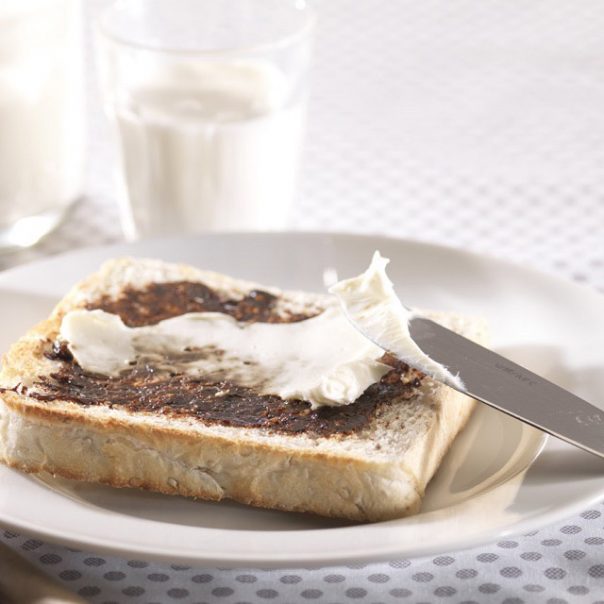We know, we know – it’s almost a crime to be talking about winter already, just when we’re all trying to squeeze the last out of those golden summer hours! But, like it or not, the season is changing. And, if you want to stay on the front foot and avoid the dreaded winter illness, now is the time to think about building your immunity. Once your immunity is compromised, it can be hard to recover and you’ll find you get struck again and again with each new version of the flu that swings past.
So, prevention is the best cure. And one of the best ways you can prepare your body and get it in top fighting condition is by focusing on your gut health.
How immunity works
Your immune system uses a huge army of white blood cells to battle illness. Some of these cells, called macrophages, constantly patrol your body, destroying germs as soon as they enter. This is known as your natural immunity. But, if an infection begins to take hold, your body fights back with an even more powerful defence of T- and B-cells. This is called acquired immunity, and its the way our bodies make sure the same germ can never make you as ill again.
The gut connection
Your gut is your body’s main route of contact with the outside world, and up to 80% of your immune cells and tissues live there as gatekeepers between the external and internal worlds. Your gut is also home to a very lively internal world made up of trillions of bacteria which work to support your immune system.
In a healthy gut, the ‘good’ bacteria help your body identify foreign or potentially dangerous incumbents and trigger an immune response. The number of ‘bad’ bacteria are kept in check by the ‘good’, and the whole ecosystem works in harmony to keep you healthy and prevent infection or toxic build-up.
If, however, you are not in good gut health, that balance of bacteria can get totally out of whack and wreak havoc your health and immunity.
Top tips for gut health
1) Increase prebiotics
These are the ingredients that fuel good gut bacteria. Good sources of prebiotics include garlic, onions, leeks, bananas, asparagus, chicory, Jerusalem artichoke and dandelion greens.
2) Eat more fibre and fermented foods
A high-fibre diet is essential for gut bacteria diversity, while probiotic-rich fermented foods are hugely beneficial for promoting good bacteria. Look for foods with live cultures like yoghurt, kafir, sauerkraut, miso, tempeh, tamari, kimchi and kombucha. I
3) Avoid unnecessary antibiotic use
Antibiotics are a Godsend when your body needs them. But, they can also cause havoc by destroying a lot of the good bacteria in your gut. As always, speak to your doctor before starting or stopping a course of antibiotics but as a general rule, we recommend steering clear of speculative antibiotics or anything not strictly necessary.
4) Minimise inflammatory foods
Highly processed and sugary foods are hugely inflammatory. This means that they feed the bad bacteria in your gut and can completely ruin the balance of good and bad flora, compromising your immune system.


